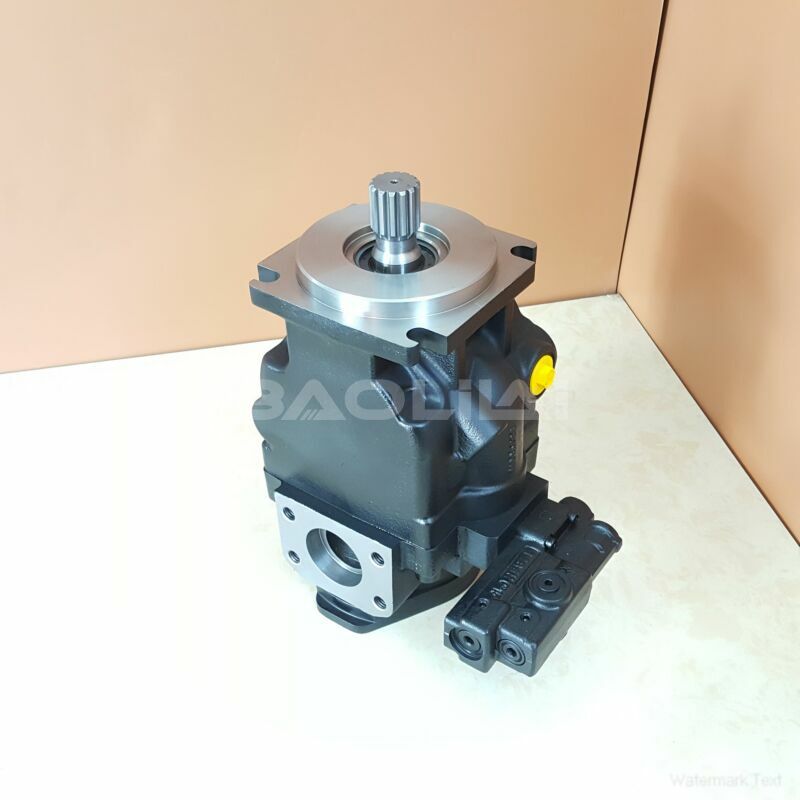JRRS75CLS2021NNN3S1AXA2NNNNJJJNNN piston pump
JRRS75CLS2021NNN3S1AXA2NNNNJJJNNN piston pump

- Product Details
- Applicable Scene
Hydraulic pumps also contribute to energy efficiency in material handling operations. By utilizing fluid dynamics, hydraulic systems can achieve tasks using less energy compared to traditional mechanical systems. This efficiency translates to lower operational costs and reduced environmental impact. With rising energy prices and increased focus on sustainability, selecting hydraulic-powered equipment can be both a cost-effective and eco-friendly choice.
JR-R-S75C-LS-20-21-NN-N-3-S1AX-A2N-NNN-JJJ-NNN
JRRS75CLS2021NNN3S1AXA2NNNNJJJNNN
Additionally, the reliability and durability of hydraulic systems make them suitable for demanding material handling environments. Hydraulic pumps can operate effectively under extreme conditions, such as high loads and varying temperatures. This resilience leads to decreased downtime and maintenance costs, allowing businesses to maintain a consistent workflow and focus on their core operations.

83050230
Incorporating hydraulic pumps in material handling processes can also streamline automation. As industries increasingly adopt automation technologies, hydraulic systems are critical in powering robotic arms and automated machinery. This integration enhances overall productivity by enabling continuous operation and reducing human intervention in routine tasks.
In conclusion, hydraulic pumps are instrumental in boosting productivity and efficiency in material handling. Their ability to provide powerful, precise, and reliable performance makes them an invaluable asset for modern warehouses and manufacturing facilities. By investing in hydraulic-powered equipment, businesses can enhance their operational efficiency, reduce costs, and improve overall customer satisfaction. As the industry continues to evolve, the role of hydraulic pumps in optimizing material handling processes will undoubtedly grow, leading to a more efficient and productive future.





